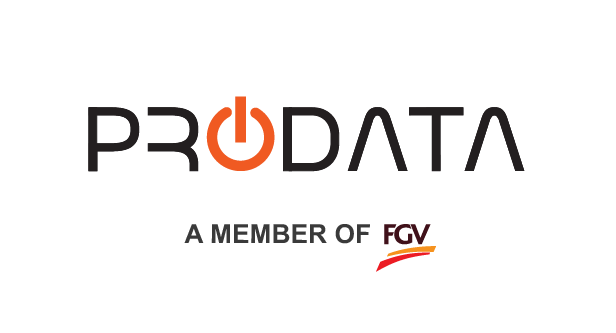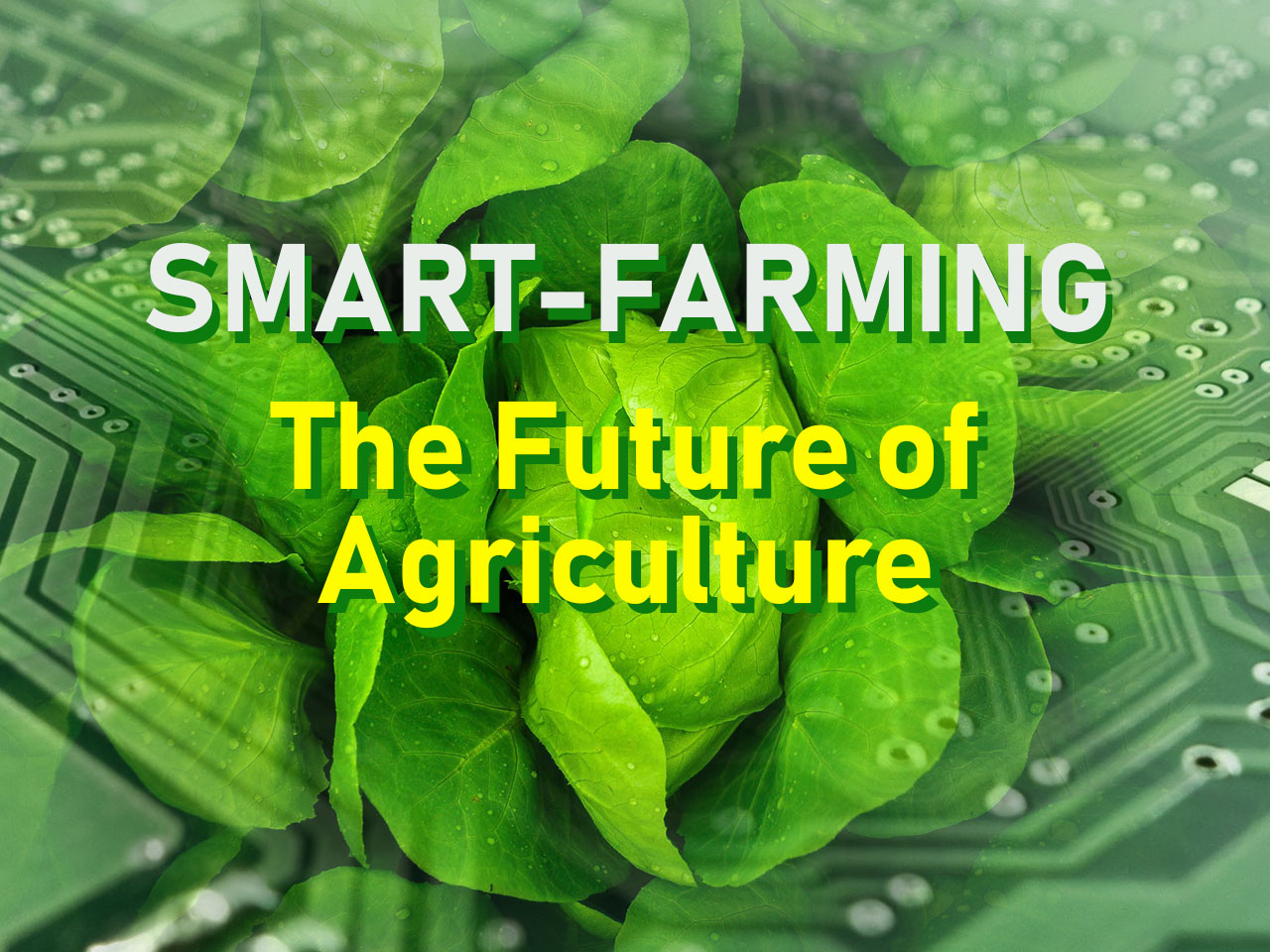Farming has seen a number of technological transformations in the last decades, becoming more industrialized and technology-driven. Just about every aspect of farming can benefit from technological advancements—from planting and watering to crop health and harvesting. It is only logical that IoT, connected devices, and automation would find its application in agriculture and, as such, tremendously improve many facets of the farming practice. This is the driving force behind the rise of Smart Farming technology.
Smart farming is an emerging concept that refers to managing farms using technologies like IoT, robotics, drones and AI to increase the quantity and quality of products while optimizing the human labor required by production. IoT in Smart Farming technology is the concept of connected smart machines and sensors integrated on farms to make farming processes data-driven and data-enabled.
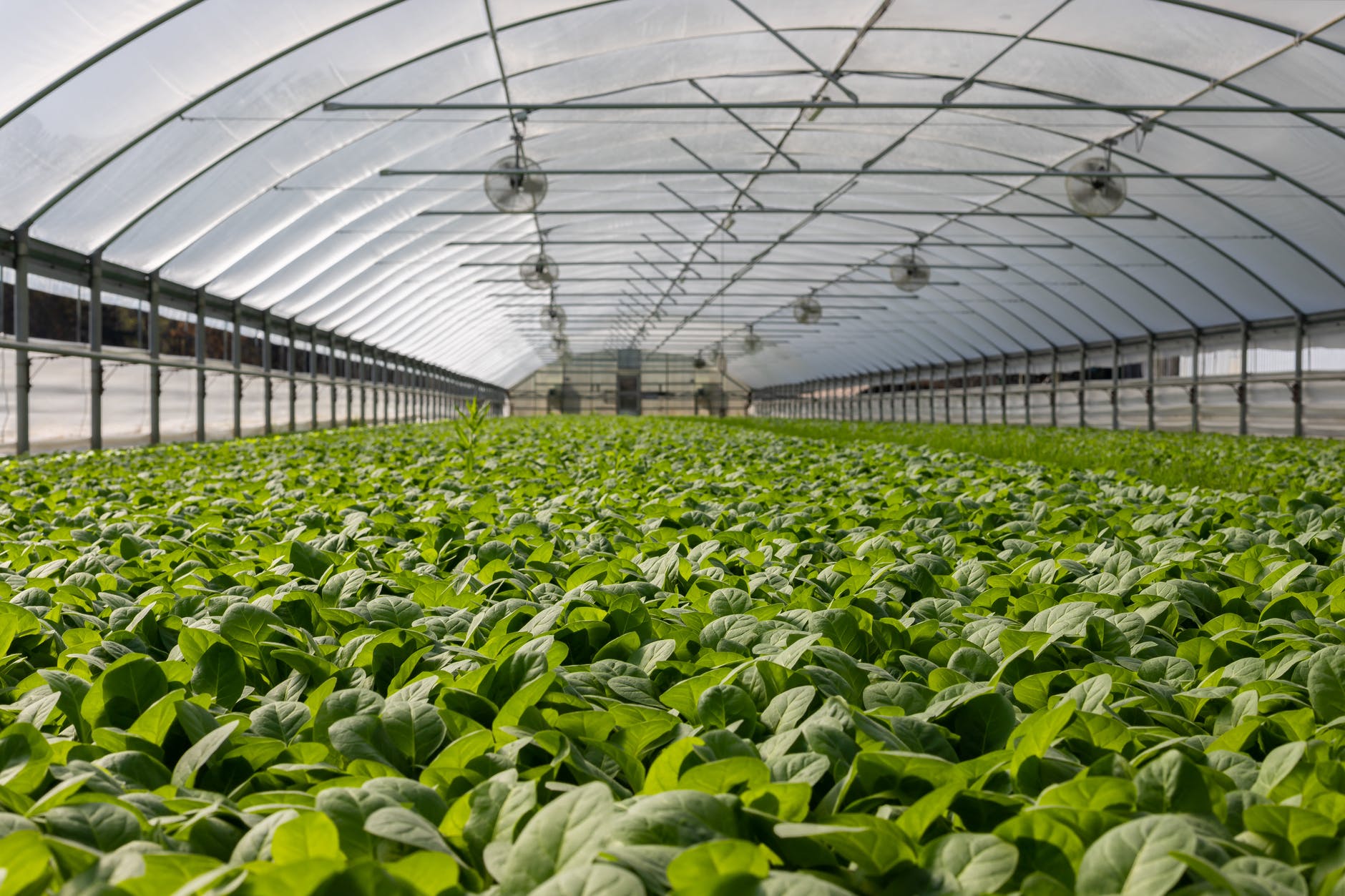
FARMING MANAGEMENT SYSTEMS
A more complex approach to IoT products in agriculture can be represented by the so-called farm productivity management systems. They usually include a number of agriculture IoT devices and sensors, installed on the premises as well as a powerful dashboard with analytical capabilities and in-built accounting/reporting features.
This offers remote farm monitoring capabilities and allows you to streamline most of the business operations.
IMROVING AGRICULTURE
Namely, there are five ways IoT can improve agriculture:
- Data, tons of data, collected by smart agriculture sensors can be used to track the state of your business in general, as well as staff performance, equipment efficiency, etc.
- The ability to foresee the output of your production allows you to plan for better product distribution. Hence, better control over the internal processes and, as a result, lower production risks.
- Cost management and waste reduction thanks to the increased control over production.
- Increased business efficiency through process automation.
- Achieve better control over the production process and maintain higher standards of crop quality and growth capacity through automation.
As a result, all of these factors can eventually lead to higher revenue.
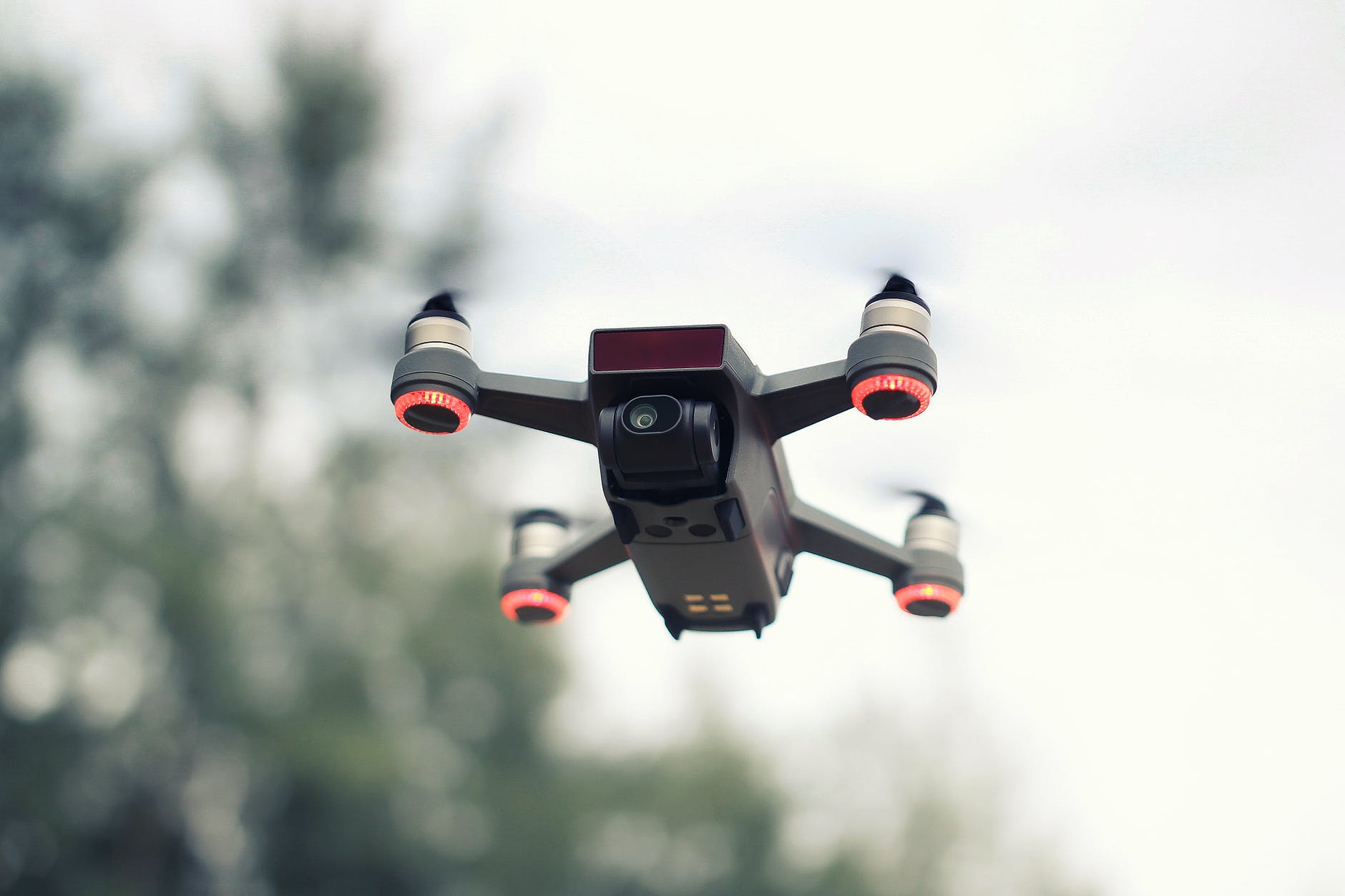
AUTOMATION & UAV
IoT however is not the only concept used in smart farming. Other concepts includes Autonomous & Robotic labour and Drones & UAVs for imaging, planting and more.
Replacing human labour with automation is a growing trend across multiple industries, and agriculture is no exception. Most aspects of farming are exceptionally labour-intensive, with much of that labour comprised of repetitive and standardized tasks—an ideal niche for robotics and automation. Driverless tractors, seeding, planting, automatic watering and irrigation, weeding, crop maintenance are examples of how Autonomous technology can reduce labour and increase yield and efficiency.
Drones or UAVs, other than being used for crop spraying and planting from the air, can be efficiently used for monitoring and analysis. Since drones collect multispectral, thermal, and visual imagery during the flight, the collected data provide farmers with insights into plant health, plant counting and yield prediction, plant height measurement, canopy cover mapping, drainage mapping, weed pressure mapping, scouting reports, stockpile measuring, and so on.
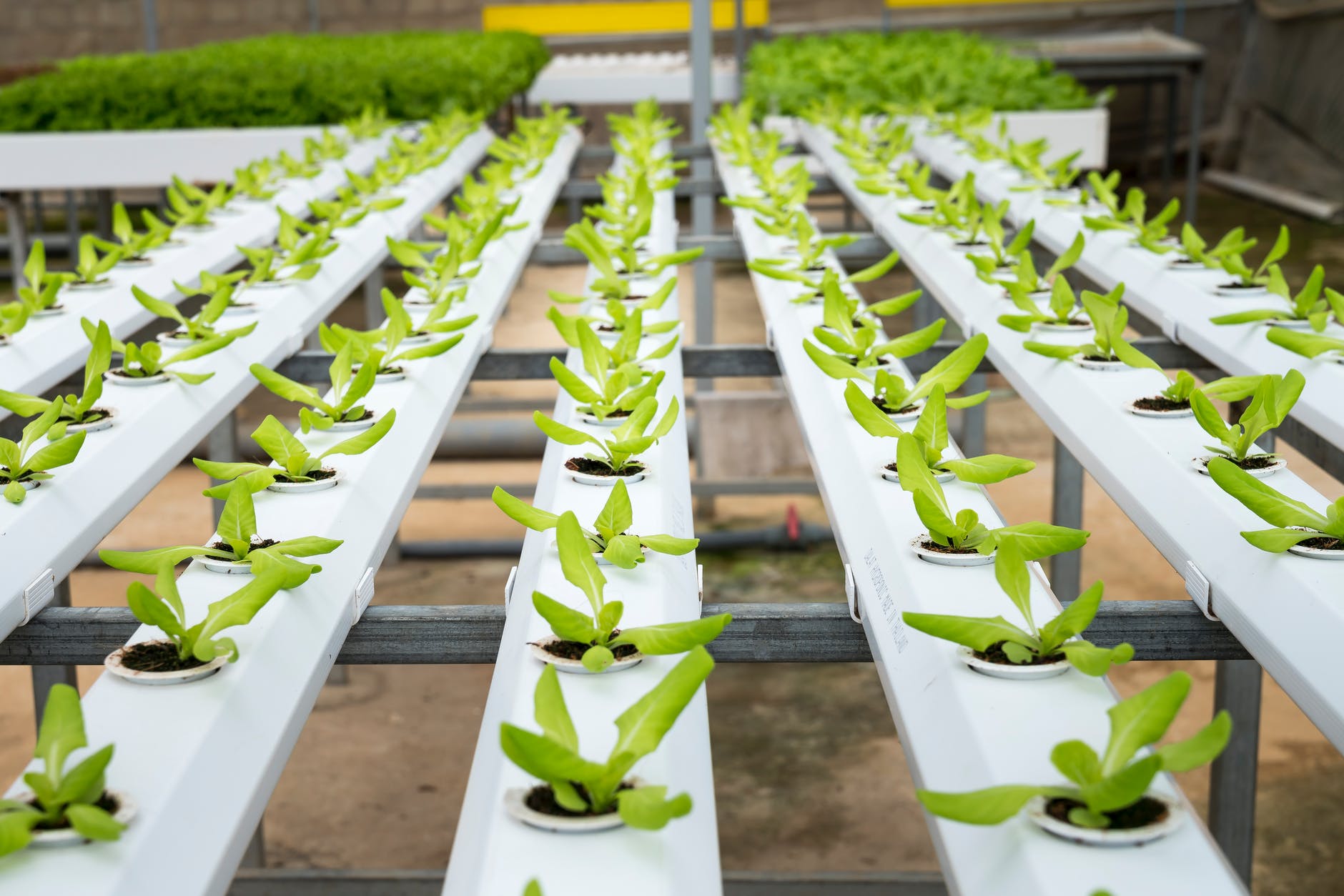
POTENTIAL OF SMART FARMING
Smart farms will have sensors embedded throughout every stage of the farming process, and on every piece of equipment. Sensors set up across the fields will collect data on light levels, soil conditions, irrigation, air quality and weather. That data will go back to the farmer for better management and control.
In the end this smart farming revolution will enable better food traceability, which in turn will lead to increased food safety. It will also be beneficial for the environment, through, for example, more efficient use of water, or optimization of treatments and inputs. Smart farming has a real potential to deliver a more productive and sustainable form of agricultural production, based on a more precise and resource-efficient approach.
With FGV Prodata Systems providing both Automation and IoT in its catalogue of product and services, it is a strong symbol of our vision of always staying in the forefront of new and emerging technologies and in doing so brings technology and people closer together into the future.
